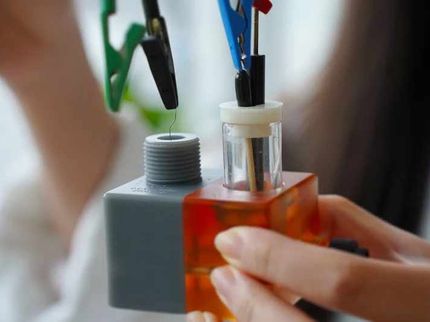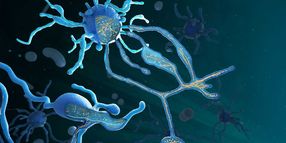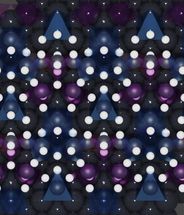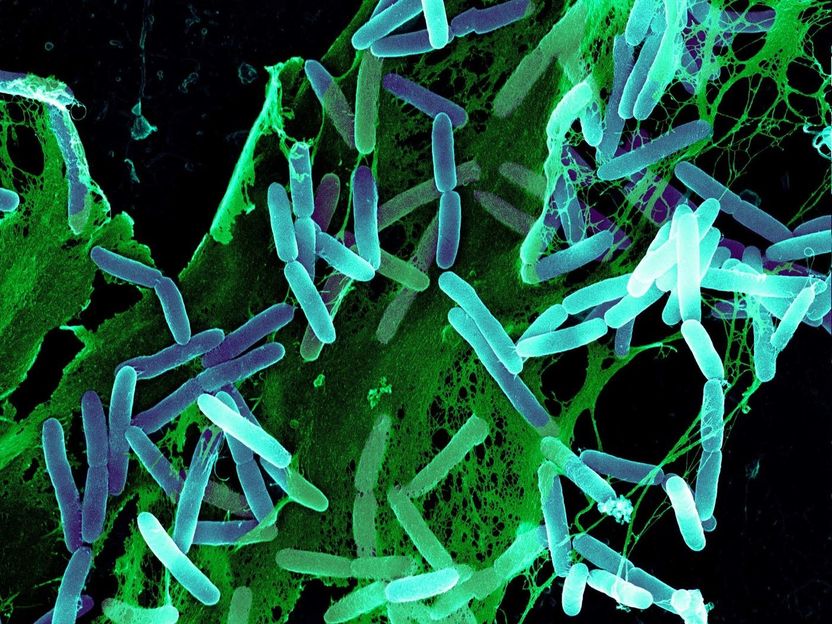Success in ITI Life Sciences research programme leads to extension and further funding of £2 million
30 novel transgenic models created to predict the effects of drug compounds in the human body
ITI Life Sciences announced it will be extending its research programme designed to develop new technologies for use in the pharmaceutical industry to predict the effects of drug compounds in the human body. The research programme, which has exceeded expectations in delivering new technologies and intellectual assets (know-how and patents), will be extended from 4 February 2008 for up to 14 months and receive a further £2 million in funding from ITI Life Sciences.
The three-year Transgenic Screening and Safety Models (TSM) programme was initiated by ITI Life Sciences in February 2005 with £5.5 million. The commercial partners for the programme are CXR Biosciences (Dundee, Scotland) and TaconicArtemis GmbH (Cologne, Germany).
The programme extension has been granted to enable ITI Life Sciences and its commercial partners to complete the commercial packages on the additional technologies developed beyond those originally targeted. The technologies developed are transgenic mouse lines, in which key murine proteins responsible for drug metabolism in the cytochrome P450, nuclear receptor (CAR and PXR) and transporter families, have been replaced by their human counterparts. The evaluation of drug disposition in vivo and the associated beneficial or toxic effects of a drug candidate early in pre-clinical development is essential to allow correct decisions to be made regarding selection of drug candidates for clinical trials. Importantly, these models allow the generation of this data in pre-clinical models that behave in a similar way to man, thereby reducing species differences between mice and humans and providing more predictive data to drug discovery teams. Therefore, they are regarded as highly relevant models for human biology.
By the end of the initial three-year term, the TSM programme had generated 30 novel mouse lines, including the world's first quadruple transgenic mouse. Ten of these lines are ready for commercialisation, with patent applications filed and all relevant external licences gained. The programme extension will allow ITI Life Sciences to complete the commercial packages for the other 20 lines.
CXR Biosciences and TaconicArtemis have signed licences with ITI Life Sciences to allow them to co-commercialise this range of drug-screening models and services developed using these new technologies. The market in which these technologies will compete is estimated at more than US$3 billion and significant interest has already been seen from major pharmaceutical companies in Europe and the United States.
ITI Life Sciences is already receiving royalty payments on technology sales and services resulting from available models and expects these payments to increase as the range expands over the duration of the programme extension. Furthermore, ITI Life Sciences will seek to commercialise technology and intellectual assets in other areas not covered by the agreements with CXR Biosciences and TaconicArtemis.
Other news from the department science

Get the life science industry in your inbox
By submitting this form you agree that LUMITOS AG will send you the newsletter(s) selected above by email. Your data will not be passed on to third parties. Your data will be stored and processed in accordance with our data protection regulations. LUMITOS may contact you by email for the purpose of advertising or market and opinion surveys. You can revoke your consent at any time without giving reasons to LUMITOS AG, Ernst-Augustin-Str. 2, 12489 Berlin, Germany or by e-mail at revoke@lumitos.com with effect for the future. In addition, each email contains a link to unsubscribe from the corresponding newsletter.






















































